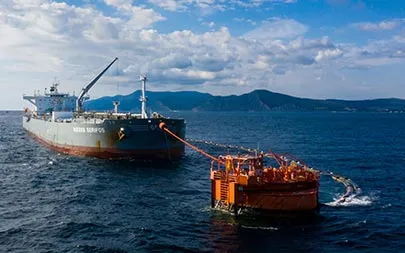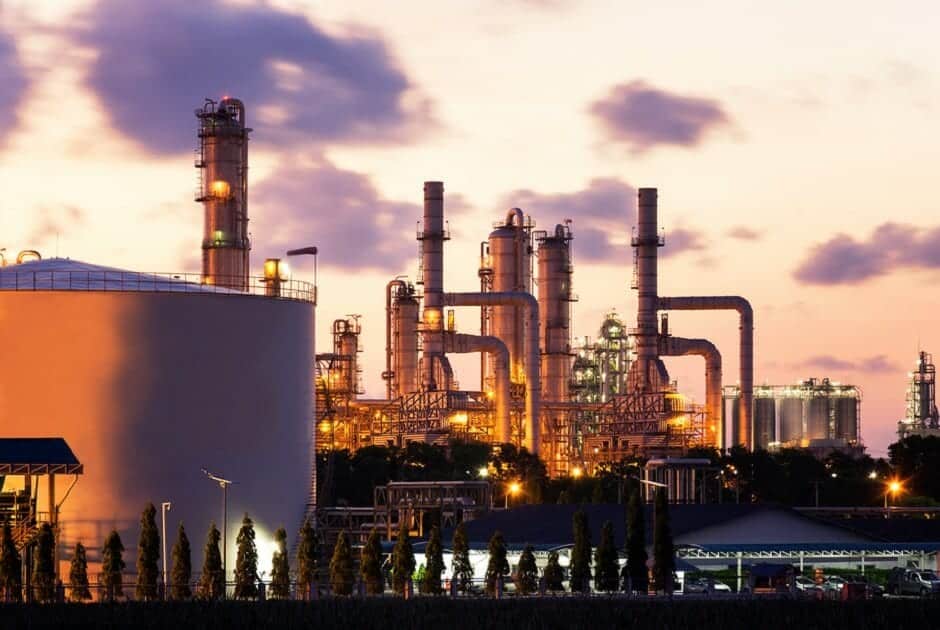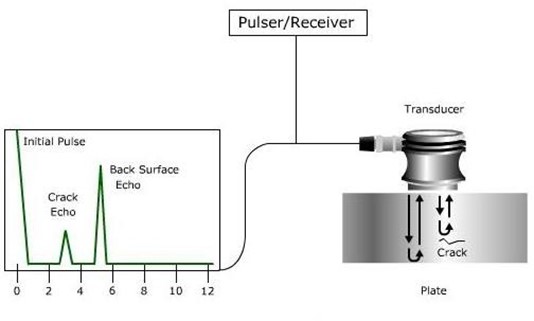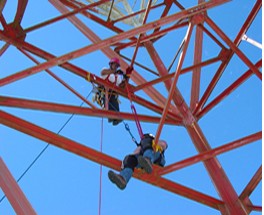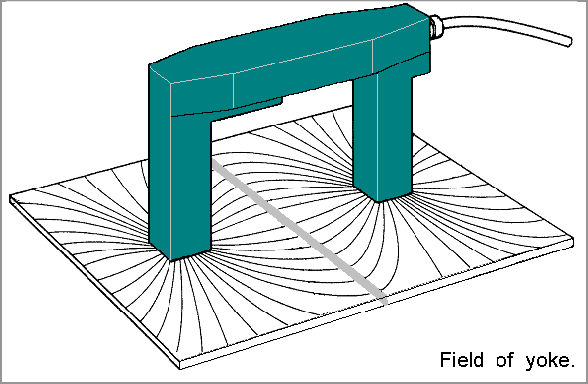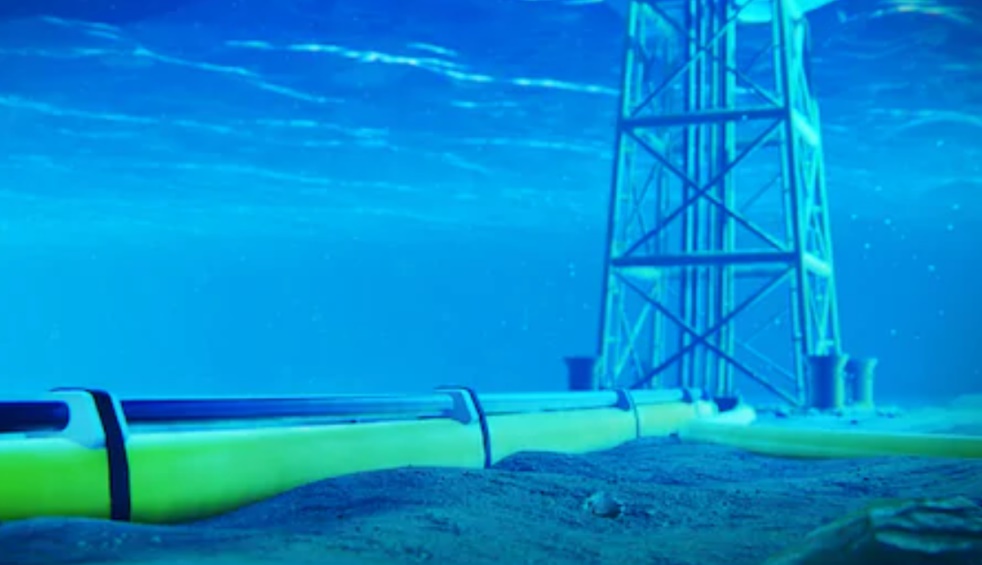CPC warns of the risk of a threefold reduction in oil supplies due to an accident
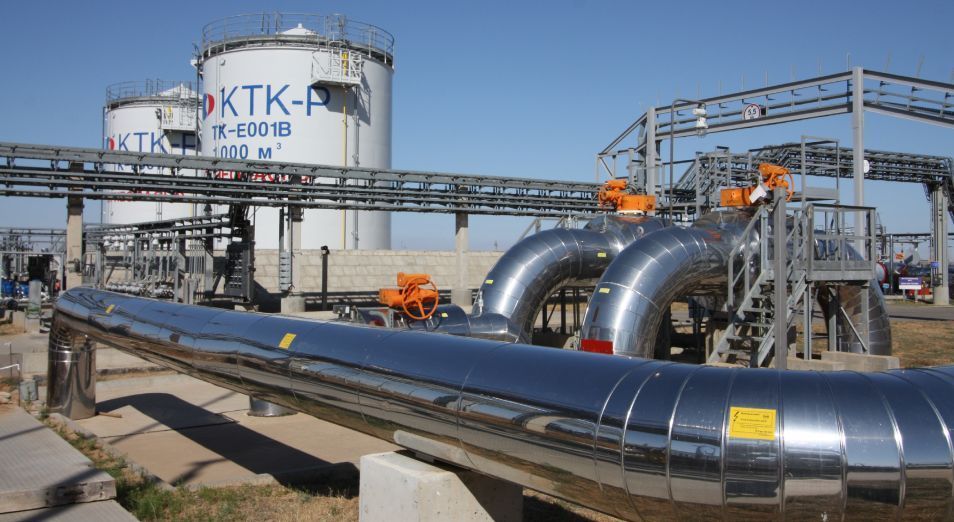
(Russian Federation, Kazakhstan) The Caspian Pipeline Consortium (CPC), whose largest shareholders are Transneft (24%) and KazMunayGas (19%), has suspended the operation of two of the three remote mooring units (TLU) at the sea terminal near Novorossiysk Russia due to a storm, follows from the company’s message. This is reported by RBC .
CPC warns of the risk of a threefold reduction in oil supplies due to an accident
According to the results of the diving survey after the storm, damage to the 9th and 13th hoses of the inner sleeve of the VPU-2 was revealed. “The indicated damages are critical and do not allow to ensure the safe operation of the device. In this regard, CPC is forced to suspend the operation of the said TLU,” the CPC press service said.
The day before, on March 21, following the results of an extraordinary inspection after the end of the period of “unfavorable weather conditions”, the damage was revealed in the form of a displacement of the power frame of one of the floating hoses of another remote mooring device – VLU-3. “In this regard, a decision was made to temporarily decommission the specified TLU for flushing and repair,” the company emphasizes. “Timely detection of a malfunction made it possible to eliminate the risk of oil entering the Black Sea.”
CPC has an emergency kit to replace the required hoses. “However, in the current market conditions, contracting for the supply of spare parts for the TPU can cause significant difficulties. In this situation, the management of the consortium is forced to report a possible reduction in the volume of oil transportation by a factor of three from the requests of shippers in the near future,” the company warns.
“If the damage [to the CPC terminal] is confirmed, then the recovery period may be one and a half to two months,” said Russian Deputy Energy Minister Pavel Sorokin. “With such a duration of restoration work, we are talking about a potential loss of up to 80% of the shipment, that is, up to 1 million barrels. [of oil] per day,” he added.
According to him, this also affects the production of Russian companies, so the Russian government will do everything to support the restoration of the terminal. But nevertheless, the effect of the accident can be very serious and it will be clear very soon after the damage is assessed, Sorokin concluded.
The CPC pipeline system is one of the largest investment projects in the energy sector with the participation of foreign capital in the CIS. The length of the Tengiz-Novorossiysk pipeline is 1,511 km. More than two thirds of Kazakhstan’s total export oil is transported along this route, as well as raw materials from Russian fields, including those located in the Caspian Sea. The CPC Marine Terminal near Novorossiysk is equipped with three TLUs that allow safe loading of tankers at a considerable distance from the coast, including in adverse weather conditions.
In 2021, 60.7 million tons of oil were shipped at the CPC Marine Terminal, which is almost 3% more than in 2020. 53 million out of 60.7 million tons of oil were supplied by Kazakh shippers, another 7.6 million tons came from Russia. The largest volumes of oil entered the CPC pipeline system last year from the Tengiz, Karachaganak, and Kashagan fields.
“Repairs will probably take a long period of time due to the unfavorable weather forecast, as well as the expectation of the nomination (appointment. – RBC) of tankers for washing,” the press service noted. In the event that two of the three TLUs are out of order and their repair will take more than a month, this will lead to a failure in the shipment of oil to consumers (the largest of them are Italy, the USA, China, Turkey, France, Spain), adds a source close to companies.
Meanwhile, CPC General Director Nikolai Gorban, in an interview with Izvestiya, stressed that the company’s absolute priority is safety and ecology.
“If there are even the slightest indications or risks, of course, all equipment will be stopped,” Gorban said.
Repair of infrastructure, according to the most modest estimates, may take at least three weeks.
“Replacing marine hoses is a complex process, it is the work of divers who have to shut off the pipelines at a depth of 60 m, then the tanker is nominated for flushing water, moored to the shore and all systems are flushed from oil,” explained the Deputy Regional Manager for Marine Operations of the CPC Marine Terminal Igor Florovsky.
At the same time, the work should be carried out in favorable weather conditions, and the forecast at the moment is disappointing.
Nikolai Gorban, in turn, notes that most of the components needed for repairs are produced in the West. Due to sanctions, their supplies may be stopped, which means there will be no oil for Europe.
“Unfortunately, as far as hoses or component devices are concerned, they are all foreign-made, we don’t have a similar one in Russia, these are quite unique things, they are not in great demand, so it’s clear that no one was engaged in production, but we will look for some then alternatives,” said the CPC General Director.
